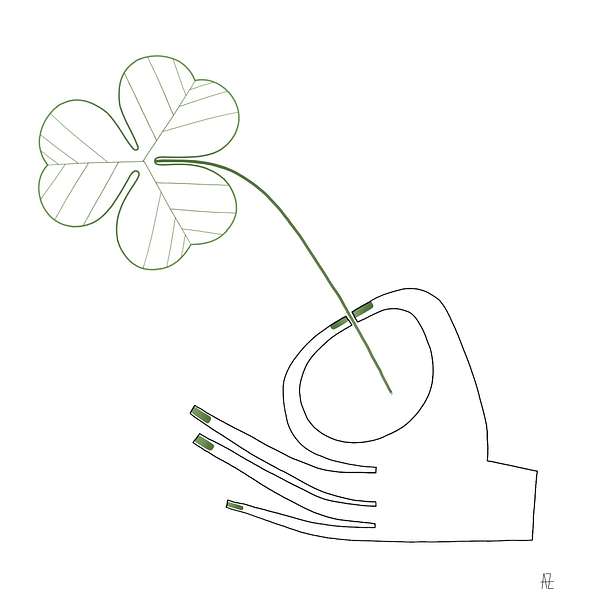
Anglicky s Kudrnatou holkou
Podcast pro všechny, které už nebaví být v angličtině “věčně středně pokročilí”. Zdokonalte svou angličtinu poslechem rozhovorů s rodilými mluvčími z celého anglicky mluvícího světa. Další info a ještě více angličtiny na instagramu @kudrnataholka_podcast 🇬🇧🇺🇸
Po pauze se můžete v roce 2025 těšit na nové rozhovory!
——————————————————
Něco málo o podcastu: Jmenuji se Pavlína a živím se audiovizuálním překladem. Po třech letech strávených v Londýně a třech letech strávených ve Stockholmu jsme se s rodinou vrátili mezi louky a pole na jih Čech, odkud překládám z angličtiny a ze španělštiny filmové scénáře a titulky/dabing k seriálům a filmům. Aktuálně překládám i svou první divadelní hru.
Prvních dvacet rozhovorů tohoto podcastu vzniklo v době pandemie, kdy jsme ještě žili ve Stockholmu a podcast pro mě byl milým únikem od reality, kdy už člověku z toho všeho sezení doma šplouchalo na maják. Po krátké odmlce od roku 2024 vycházejí zbrusu nové epizody, ve kterých se s posluchači vydáváme třeba za Harry Potterem, Star Wars nebo britskou královskou rodinou a prozkoumáváme svět od Las Vegas, Berlína, až po Irsko či Hollywood.
Anglicky s Kudrnatou holkou
Episode 22: Ireland
Rozhovor s Irem Shanem o takzvaném "smaragdovém ostrově", zemi zelených luk a pastvin, ostrých skalisek a ledového moře, svatého Patrika, černého piva Guinness, Oscara Wilda, U2 a Cilliana Murphyho. Proč jako dítě nesnášel irské tance a jak vypadá Puck Festival, kdy celému Irsku na jeden den v roce vládne koza (živá, opravdová, reálná koza)?